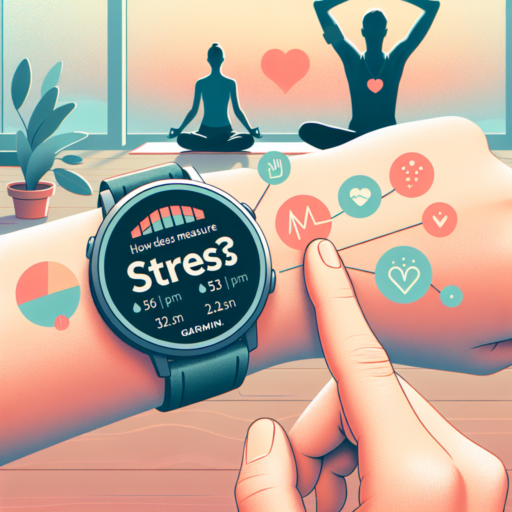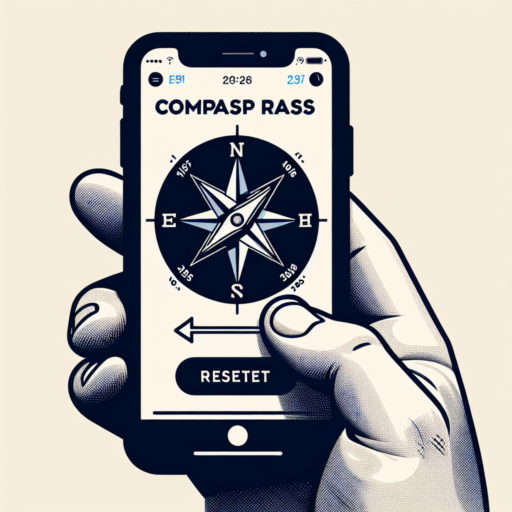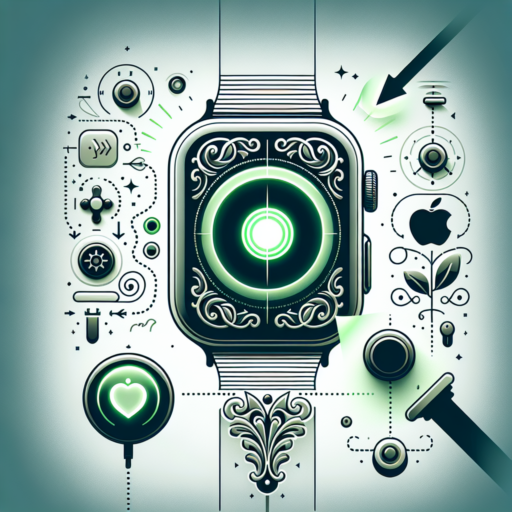How accurate is stress test on Garmin watch?
Garmin watches have become notable players in the realm of health and fitness wearables, offering a wide suite of features to monitor and manage one’s wellness. Among these technologies, the stress test function serves as a pivotal tool for users aiming to keep a tab on their stress levels throughout the day. Garmin utilizes Heart Rate Variability (HRV), a measure of the variation in time between each heartbeat, as the foundational element to assess stress levels. The accuracy of this stress test significantly hinges on the precision of the HRV readings.
The technology Garmin employs to gather HRV data for stress calculation is based on the premise that higher variability in heart rate signifies a relaxed state, whereas lower variability points to stress or overexertion. This method, while effective in providing a baseline indication of stress, can be influenced by various external and internal factors. User-specific conditions such as hydration levels, sleep quality, physical activity, and even the physical positioning of the watch on the wrist can affect the accuracy of HRV readings and, consequently, the stress score estimates provided by the device.
To enhance the reliability of its stress test results, Garmin suggests wearing the watch continuously, allowing for a comprehensive dataset that reflects both day and night cycles. This continuous monitoring can help users observe patterns and identify potential triggers in their environment or schedule that may contribute to elevated stress levels. While the Garmin watch provides a technically adept method for stress measurement, individuals should note that personal experiences and perceptions of stress can vary widely, and such devices should supplement but not replace professional medical advice.
Why is my stress level high when I’m sleeping?
Understanding the reasons behind elevated stress levels during sleep is crucial for addressing the issue effectively. One common cause could be poor sleep hygiene, including the use of electronic devices before bedtime or consuming caffeine late in the day. These habits can significantly impact your sleep quality, leading to increased stress levels as your body struggles to reach deep, restorative sleep stages.
Another key factor is the burden of daytime stressors. If your mind is constantly racing with thoughts about work, finances, or personal issues, it can be challenging to find the off switch at night. This mental load can carry over into your sleep, manifesting as higher stress levels. Implementing relaxation techniques before bed, such as meditation or deep-breathing exercises, may help in alleviating this issue.
Health-related concerns can also contribute to heightened stress levels while you’re asleep. Conditions such as sleep apnea, restless leg syndrome, or even chronic pain can disrupt your sleep cycle, leading to an increase in stress hormones. It’s important to consult with a healthcare professional if you suspect that health issues might be the root cause of your elevated stress levels during sleep, as targeted treatments can offer significant relief.
No se han encontrado productos.
How does Garmin know I’m asleep?
Garmin devices are equipped with advanced technology designed to monitor your sleep patterns meticulously. They utilize a combination of movement and heart rate variability (HRV) data to determine when you’ve entered different sleep stages. When your movements become limited and your HRV data indicates a relaxed state, the device infers that you have fallen asleep.
The technology behind Garmin’s sleep tracking is rooted in the study of actigraphy. Actigraphy involves monitoring movements through an accelerometer, which can detect even the slightest motions during your sleep. Garmin devices combine this data with heart rate information to improve the accuracy of detecting sleep onset and wake times. This method allows Garmin to differentiate between light, deep, and REM sleep stages, providing users with a comprehensive overview of their sleep quality.
In addition to movement and HRV, Garmin devices also consider changes in ambient light detected through a built-in light sensor. This environmental information helps to further refine sleep analysis, offering insights into how light exposure may be affecting your sleep quality. Through a combination of these technologies, Garmin offers an innovative and holistic approach to sleep tracking.
How to reduce Garmin stress?
Reducing stress measured by your Garmin device involves integrating simple yet effective lifestyle changes and utilizing some of the device’s built-in features aimed at stress management. Understanding how your Garmin interprets stress and utilizing this data can guide you towards a more balanced and healthier lifestyle.
First and foremost, engaging in regular physical activity is a proven method to lower stress levels. Your Garmin device can track your daily activities, encouraging you to stay active. Activities such as walking, running, or yoga not only improve your physical health but also have a profound effect on reducing stress. Incorporating these activities into your daily routine, and monitoring your progress with your Garmin, can lead to significant improvements in stress management.
Moreover, quality sleep plays a crucial role in managing stress levels. Garmin devices offer sleep tracking features that provide insights into your sleep patterns. By analyzing this data, you can make informed adjustments to your sleeping habits. Use the Garmin Connect app to review your sleep statistics and identify areas for improvement. Ensuring that you get an adequate amount of restful sleep can help in significantly reducing stress.




